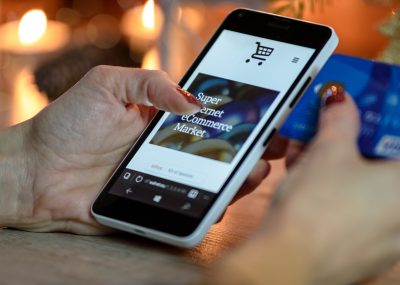Some people believe that having an accessible website means that it’s ‘live’ and you can access it from a computer or mobile device. Others think about ramps, lifts, access maps and disabled toilets for the physical location that a website might be pointing visitors to. The truth is, being ‘accessible’ online is a whole lot more than that. And that ‘whole lot more’ is simply not clearly understood by the majority of people who build, code, design, write, or project manage websites.



